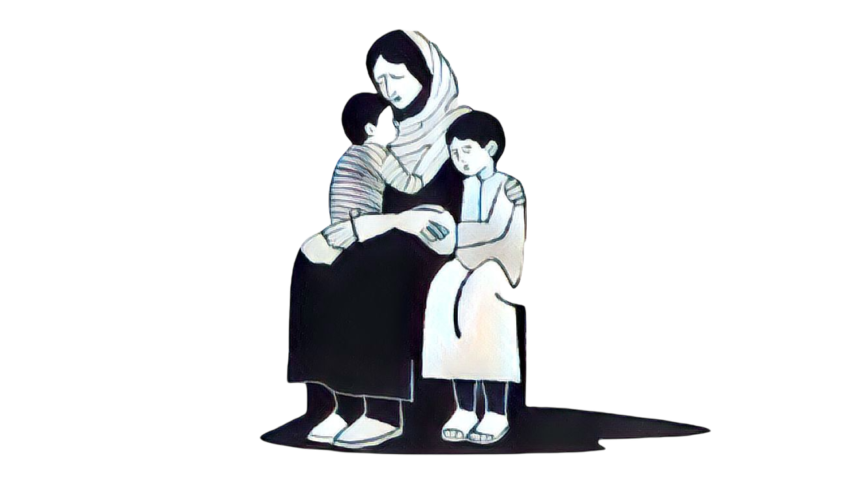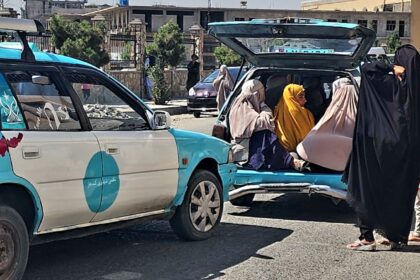In a society where divorce is nearly impossible and the laws are stacked against them, Afghan women like Maryam fight to break free from abusive marriages, only to face a system that relentlessly closes every door to their escape.
It’s a cold and desolate morning in Kabul, the city shrouded in the gray haze of a coming winter. Maryam, a young mother of two, moves quietly through the small house she shares with her husband, Ramin, and their children. Her hands tremble as she prepares tea over a small stove, her thoughts scattered. She once dreamed of becoming a doctor, but those dreams feel distant now.
Maryam was married at 14, a common practice in Afghanistan, where young girls are often sold or promised to older men for the sake of family alliances or financial security. Her husband, Ramin, has always been strict, but since the Taliban regained power, his cruelty has worsened. He prevents her from leaving the house, speaks to her harshly, and demands obedience without question.
“I once dreamed of becoming a doctor, but now all I dream of is freedom—for me, for my children.”
Maryam
She often wonders if there is any escape. What if she could start over? What if she could make choices for herself, pursue her dreams, and most importantly—protect her children from this tyranny?
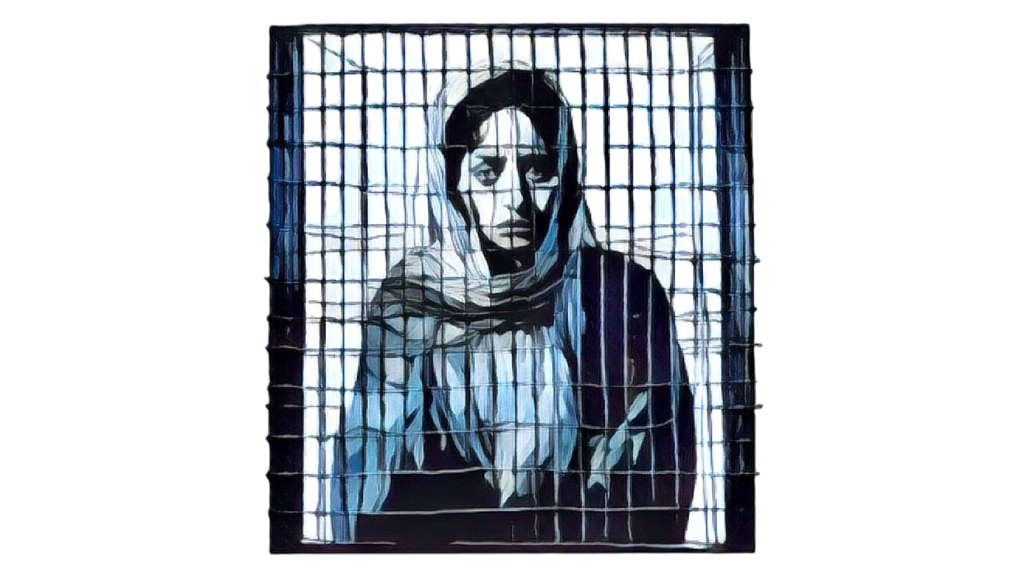
Chapter 2
The clock on the wall ticks toward noon, signaling the end of her chores and the beginning of her next task: prayer. Maryam takes her prayer mat, faces Mecca, and whispers the words she has known since childhood. The act brings her peace for a few fleeting moments, but she can’t silence the thoughts swirling in her mind.
The streets outside are quiet, the only sounds coming from the occasional military patrol. News from the world beyond is scarce, but Maryam has heard whispers of women’s rights organizations, of protests in faraway places, where women are fighting for their rights to choose, to work, to live free from oppression.
Afghanistan, once a place of progressive change for women in the 1970s, is now a place where marriage is a prison and divorce is almost an impossible dream. Under the Taliban, a woman’s ability to end a marriage is restricted by both cultural norms and rigid legal constraints. Maryam, like countless other women, is trapped.
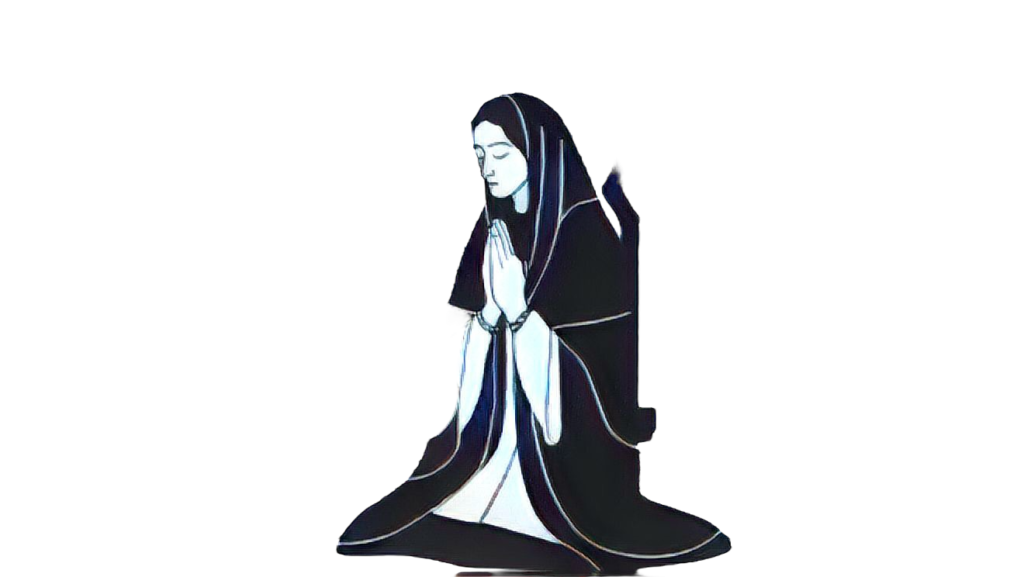
Chapter 3
Maryam’s children return from their Quran lessons, their small faces filled with joy and innocence. Ramin comes home shortly after, smelling of alcohol and anger. It is the same pattern every day. He demands dinner, then berates Maryam for not having the house in perfect order, even though she’s already worked tirelessly all day.
This time, something inside Maryam snaps. She gathers her courage and tells him she wants to leave—to take the children and live with her family. But Ramin’s response is swift and brutal, and Maryam knows her words will lead to more punishment. Yet, for the first time, she feels a small flicker of defiance.
That night, she begins to pack quietly, her heart heavy with the fear of what will come next.
Chapter 4
Maryam’s escape is not without its complications. She takes her children to her parents’ home in a village on the outskirts of Kabul, a place less likely to attract the Taliban’s attention. There, they are safe—for now. But Maryam knows that even her family’s support cannot erase the grim reality of her situation. She cannot simply file for divorce, as the legal systems under the Taliban offer no path for women to seek autonomy from their husbands.
In Afghanistan, divorce is rare. The laws, such as they are, place the burden of proof on the woman, requiring her to prove abuse, neglect, or severe mistreatment. Even then, the process is complicated and dangerous. For a woman like Maryam, who has no access to legal representation, who is constantly monitored by her husband’s family and the authorities, divorce is an unattainable dream.
“The law doesn’t protect us, and neither does my family. There is no place for me to run.”
Maryam
The laws under the Taliban uphold a woman’s subjugation. There is no easy recourse for a woman who wishes to leave her marriage. Even though the country has seen brief periods of progress before, the reversal of women’s rights under the current regime has left women like Maryam with little to no protection from violence, much less the freedom to escape it.
Chapter 5
The legal system in Afghanistan is starkly gendered. Under the Taliban’s interpretation of Sharia law, a man has the right to divorce his wife at will, but a woman’s ability to dissolve her marriage is severely restricted. Women like Maryam have no recourse, and even if they do find a sympathetic judge, they may face reprisals from their husbands, their families, or the state.
Women cannot access the courts without fear of intimidation or punishment. The idea of a woman choosing divorce, especially one who has been subjected to physical abuse, is not only discouraged but seen as an affront to the family’s honor. Maryam is left without a choice but to endure, or to risk further violence in her attempts to seek justice.
Chapter 6
Maryam is not alone in her suffering. In whispers and hidden conversations, women across Afghanistan are finding solidarity with one another. They share their stories, though they know the dangers of speaking out. Maryam connects with a small women’s organization in Kabul that provides legal advice and safe houses for women escaping abuse. But even then, their resources are limited, and their reach is often short-lived.
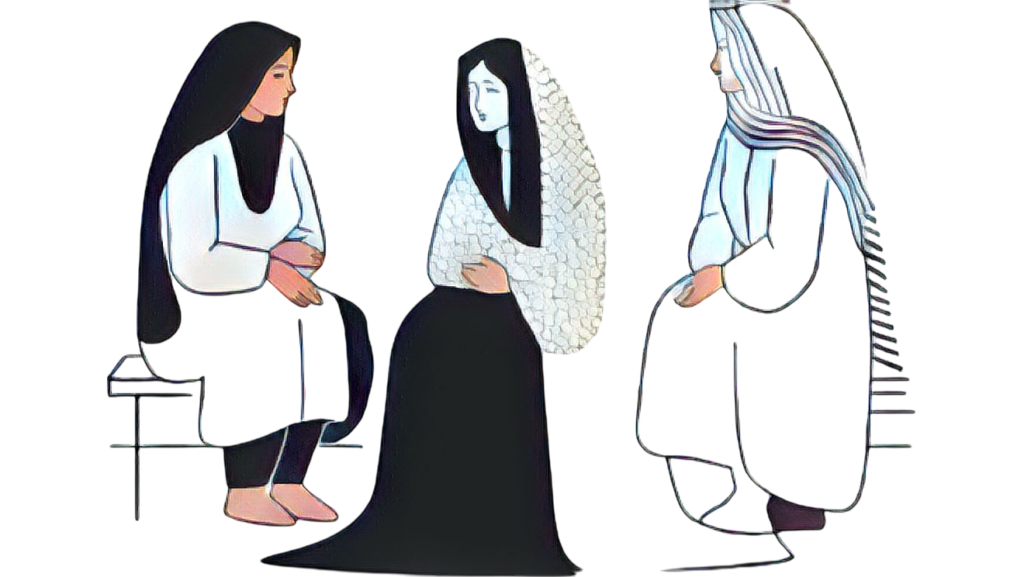
One evening, after a long conversation with a counselor at the women’s shelter, Maryam admits her fear: she has no idea what the future holds. The shame of divorce in a society that views women as the property of their husbands is overwhelming. Still, with each conversation, with each passing day, she feels a sense of resolve building within her. She will not let this be her children’s fate.
Chapter 7
Days turned into weeks, and Maryam’s fragile sense of safety at her parents’ home began to unravel. Her father, though initially welcoming, grew anxious as word spread of Ramin’s threats. “You cannot stay here,” he told her one night, his voice weighed down with fear. “You know how dangerous this could become for all of us.”
Maryam begged for more time, but the reality was unavoidable: her family could not protect her indefinitely. The community whispered about her rebellion, and the threat of retaliation from Ramin or the Taliban loomed. Maryam had nowhere else to go. Without work or legal recourse, and unable to divorce her husband, she faced a choice she never thought she’d make.
One morning, with her children clinging to her legs and tears blurring her vision, Maryam packed their belongings once again. Her mother wept silently, slipping a small bundle of money into Maryam’s hand, a gesture of love and helplessness. “Use this wisely, my daughter,” she said.
When she arrived back at Ramin’s home, his face was a mix of smug triumph and cold anger. “You should’ve known better,” he muttered. Maryam lowered her gaze, her heart heavy with shame and defeat.
Chapter 8
Though her body was back under Ramin’s roof, her spirit had changed. Maryam moved with careful resolve, no longer cowed by his words or his blows. She knew her reality, but she also knew something else: she was not alone. The women she had met in the shelter, the whispered stories of defiance, and the quiet skills she had learned—they stayed with her like a secret fire.
Maryam began sewing late at night, piecing together garments to sell discreetly in the market. She saved every afghani she earned, hiding the money in the folds of her prayer mat. She also started teaching her children in secret, instilling in them a hope she no longer had for herself.
“Maybe I won’t see the change, but my children will. That’s what keeps me going.”
Maryam
The legal and cultural walls around her life seemed insurmountable, but Maryam understood now that change would not come quickly. It would come in small steps—steps she might never see the end of, but which others might follow.
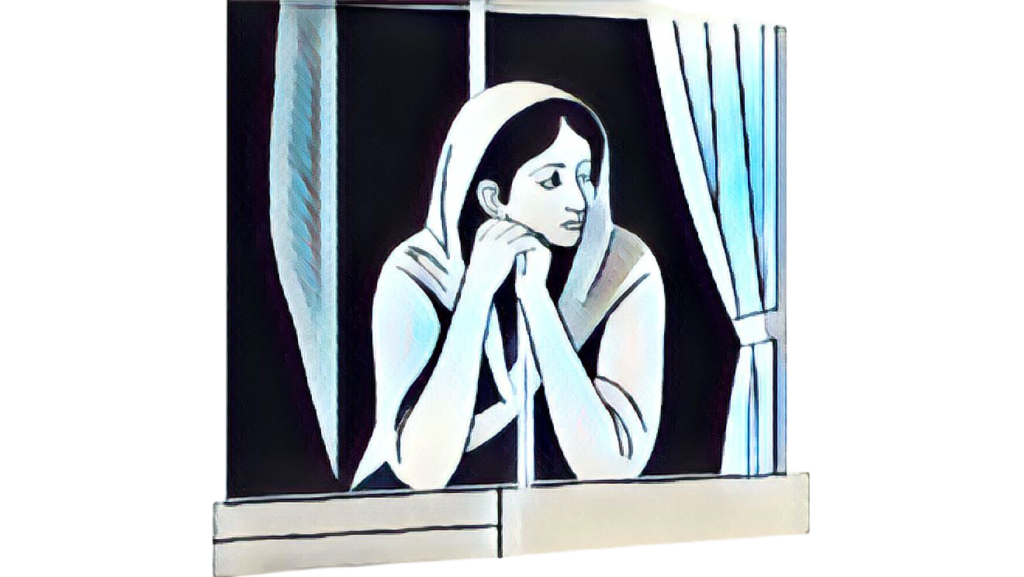
Conclusion
As the world watches from the outside, the plight of Afghan women continues to be a tragic reality. Though the international community has voiced its concerns, the legal and societal barriers in Afghanistan are insurmountable for many. Divorce remains a distant dream for women like Maryam, who continue to face oppression in their homes and in the streets.
The Taliban’s hold on Afghan society has created a situation where women are silenced, their rights ignored. But even in the darkest of circumstances, there is a spark of resistance. Women like Maryam, though confined by their circumstances, continue to fight—not just for their own freedom, but for the future of the next generation. And for the first time in her life, Maryam dares to believe that she might one day decide for herself, and not be dictated to by the patriarchy that seeks to control her every move.
But for now, she holds onto hope—hope that one day, the world will stand with her and women like her, in their fight for the freedom to live on their own terms.
Learn more
In Afghanistan, many women continue to face significant challenges in their marriages, ranging from forced unions to domestic violence. These issues are exacerbated by legal and social structures that limit their freedom and autonomy, often leaving them trapped in unhappy and abusive relationships. The situation is compounded by a lack of legal recourse, especially under the Taliban regime, where women’s rights have been severely restricted. Various international organizations have documented these struggles and continue to advocate for the rights and safety of Afghan women.
World Bank ⬇
“Afghan women are still largely excluded from decision-making, with forced marriages and domestic violence being significant obstacles to their empowerment.”
Human Rights Watch ⬇
“Women in Afghanistan often face extreme limitations in their ability to leave abusive marriages due to legal and societal barriers, including under the Taliban’s rule.”
Afghan Independent Human Rights Commission (AIHRC) ⬇
“Domestic violence remains a major issue in Afghanistan, with women suffering from physical, emotional, and psychological abuse within their marriages.”
UNAMA ⬇
“Afghan women continue to face systemic discrimination and violence, including forced marriages, in violation of their fundamental human rights.”
UN Women ⬇
“Gender-based violence remains pervasive in Afghanistan, with many women experiencing violence in their homes, particularly in the context of forced marriages.”


